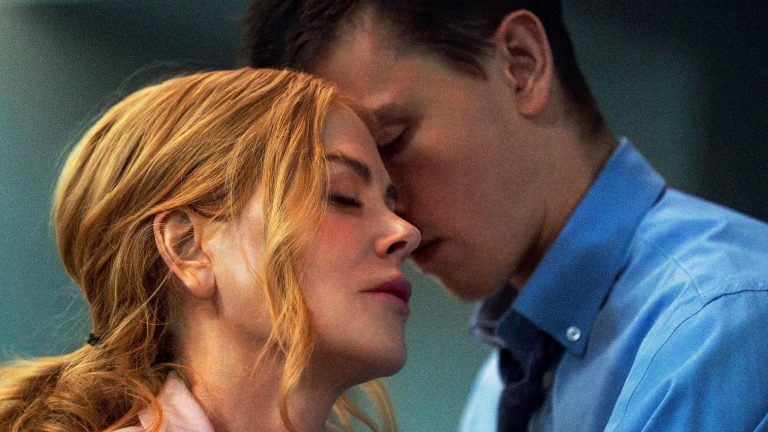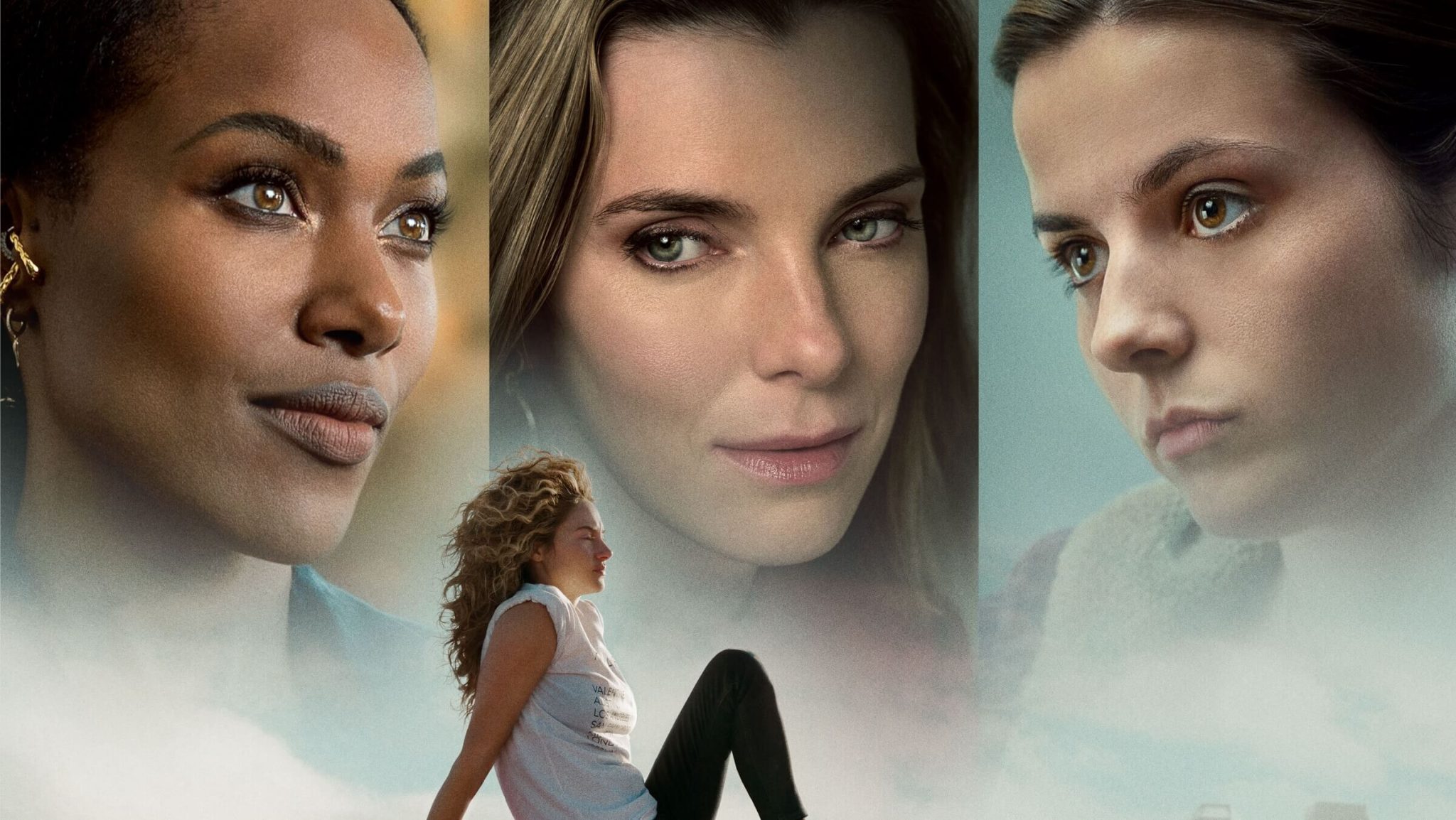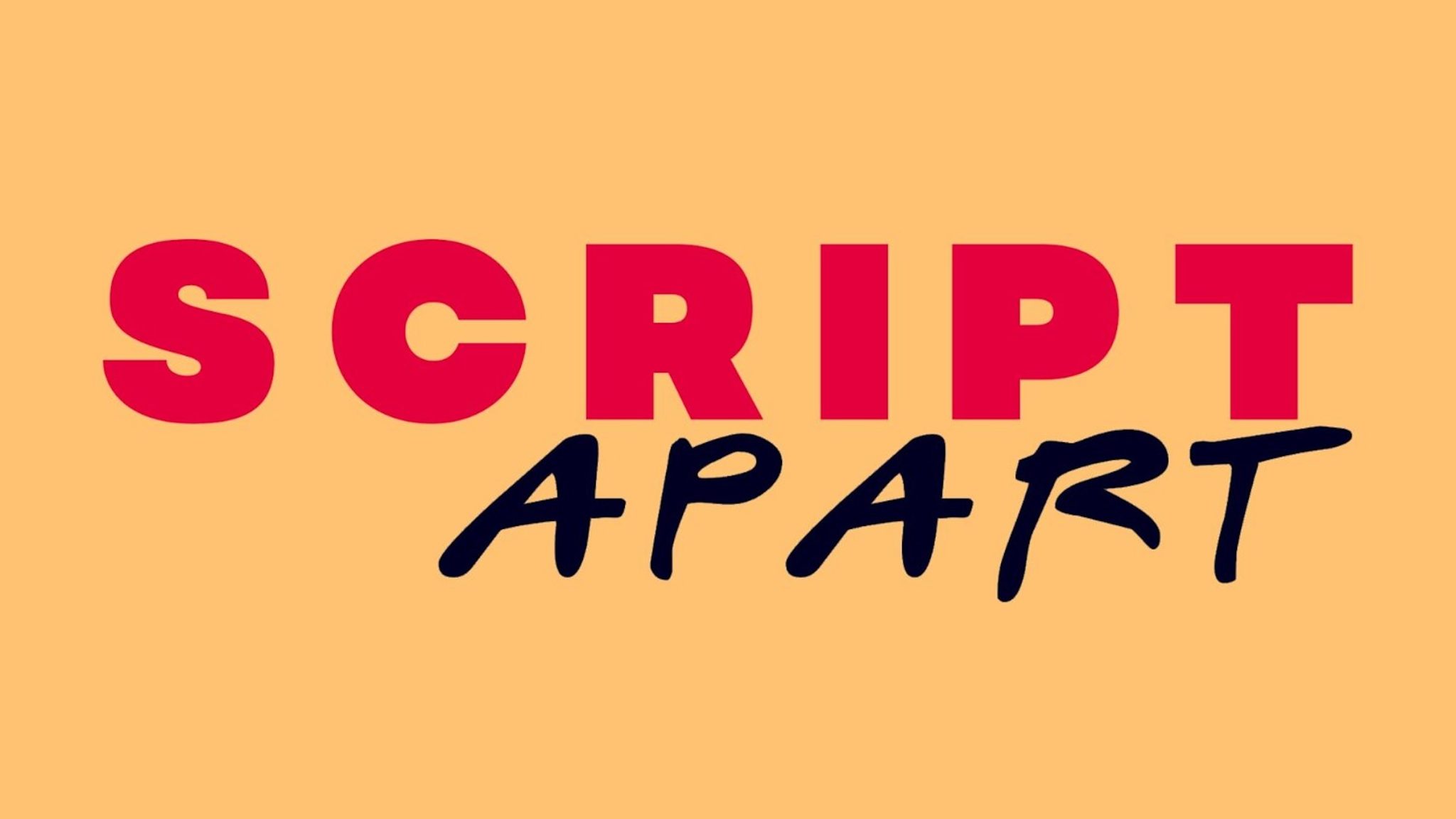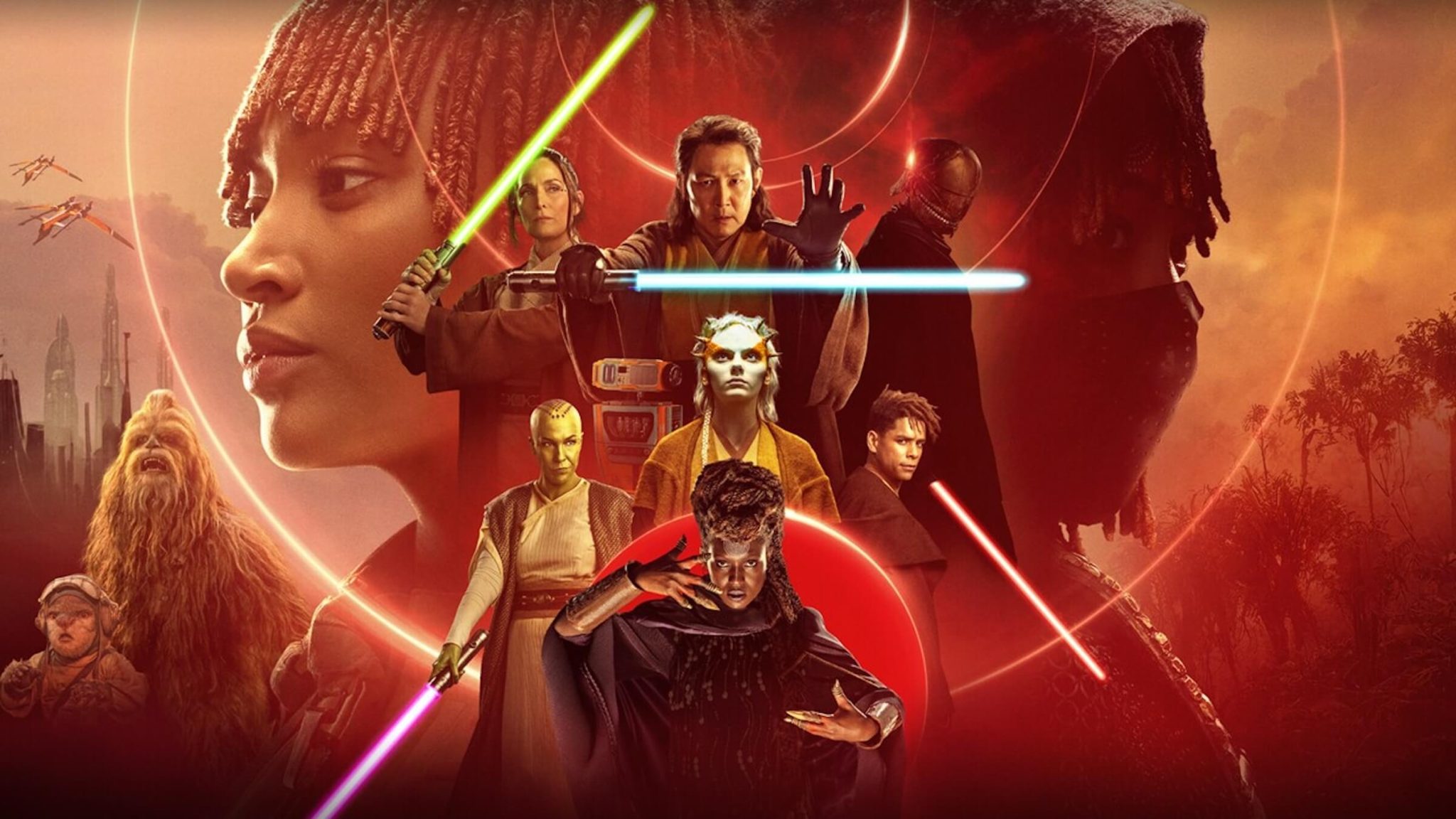Interview with FREE SOLO Documentary Producer Shannon Dill
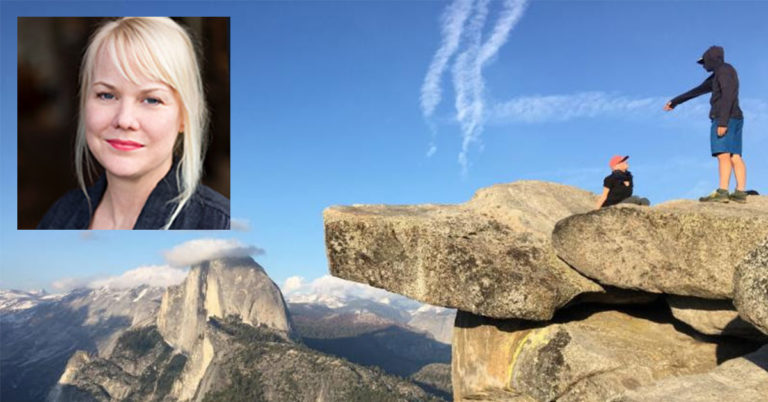
Dill herself is afraid of heights, but she faced her fears and spent two years pouring herself into an often logistically and emotionally challenging project.
Shannon Dill is the Head of Production at Concordia Studio. Her work on He Named Me Malala caught the attention of directors Elizabeth Chai Vasarhelyi and Jimmy Chin, who asked her to produce the new documentary Free Solo, which is "both an edge-of-your-seat thriller and an inspiring portrait of an athlete who exceeded our current understanding of human physical and mental potential, resulting in a triumph of the human spirit."
Beyond this recent project, Dill has spent 20 years in the industry working with director James Moll, producing films such as the Grammy-winning Foo Fighters: Back and Forth, Emmy-winning Inheritance, Running the Sahara, and Price for Peace, with executive producer Steven Spielberg.
We had the opportunity to ask Shannon a few questions about Free Solo and dove into the craft of documentary filmmaking. Her answers are below.
Are you working on a documentary? Does your project need funding? Enter the ScreenCraft Film Fund backed by BondIt Media Capital here.
1. Documentary filmmaking has evolved as one of the most important media for influencing culture and public conversations. Why is documentary filmmaking important to you personally?
Because I love the process, and I believe when someone tells their story and it is shared with others, it can become a powerful vehicle for connection.
The process of making a documentary allows you to go into another person’s world in such a way where you wouldn't typically have access. I feel incredibly fortunate to be invited into the private spaces of the people I’m working with and it involves a great deal of trust and respect.
2. What have you found is the best creative process for making a documentary film? Do you start with an idea of the narrative, or do you discover the narrative as you're filming?
There are many ways to approach storytelling in a documentary film. I’ve worked on projects where the key narrative structure has been firm from the start, and then worked on films where the story is “found” during the filming process. Many times it is the subject matter and context for the story that determines the process. One way is not necessarily the best way as all have their own strengths and weaknesses. Ultimately, I believe you need to approach the process with an initial vision and then let go and allow the process to inform the storytelling. If you're too firm in the approach, opportunities are missed. Once you begin a project, you adjust and change course to allow for the unexpected.
3. What's one piece of advice that you can give documentary filmmakers who are just starting out?
It’s an incredible moment for non-fiction storytelling. I recommend taking advantage of any and all opportunities to get into the field and do the work. Be willing to do what’s needed—not only what’s requested—to get the job done.
4. What are some tricks to making a documentary film that actually gets distribution and earns money?
I believe having a strong story with an interesting character are the key ingredients to a successful pitch, and ultimately a successful project.
5. How has making documentaries changed over the course of your career (both technically and creatively)?
I think the creative and technical advances over the recent decades have informed each other in tremendous ways. Technology has greatly affected the creative evolution of documentary filmmaking.
During my career, I witnessed a dramatic shift in the post-production process. Editing systems went from being hardware-dependent and expensive, to being software-dependent and all one needed was a laptop computer with hard drives for media management. I believe that shift completely opened up the filmmaking process for non-fiction filmmakers. Not only was the process more available and less expensive, but it also became portable. Also, with the advances of smaller cameras and the shift from a tape-based workflow to a file-based one, it made for a more immediate interface with your footage. One could go into the field, across the globe, and work in the moment, filming and then viewing your footage and editing your story in real-time.
Essentially, the greater accessibility of the process opened up the field to a wider-range of voices being able to tell their stories.
6. How do you decide which projects to work on? How much does commercial potential / marketability factor into your decision-making process?
I decide to do projects that I am personally interested in and I have been fortunate to work with people I believe in. Ultimately, I either connect with the material and/or am interested in the subject matter. Commercial potential / marketability do factor into my choices, as I see value in working on projects that have a chance at making an impact with an audience. When you spend years of your life dedicated to making one film, it involves sacrifices and making a commitment, so you need to really believe in what you’re doing to see it through.
7. How did your documentary Free Solo come about?
I was introduced to the directors Chai Vasarahelyi and Jimmy Chin, when they were making trips to Los Angeles to promote their film, Meru. After a few in-person meetings, I connected with them right away. And when they had interest from National Geographic Films to fund their next project about Alex Honnold, they started looking for an experienced feature-doc producer to join them in developing the project further with an actual budget, schedule, etc. I was excited about doing a project that was completely different in scope and process from what I had experienced previously, plus I loved Meru and wanted to work with them.
8. Do you already know what your next project will be? If so, what can you tell us about it?
I am currently working on a 3-part series for Netflix that is expected to stream in 2019. I can’t tell much more about it since we’re still in the filming process and keeping things confidential.
For all the latest ScreenCraft news and updates, follow us on Twitter, Facebook, and Instagram.
Get Our Screenwriting Newsletter!
Get weekly writing inspiration delivered to your inbox - including industry news, popular articles, and more!



















